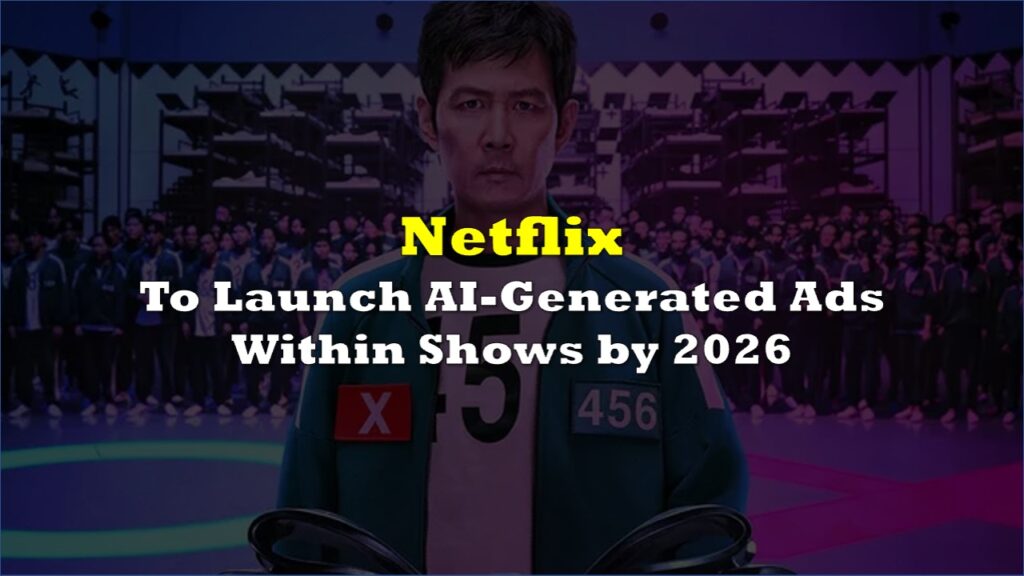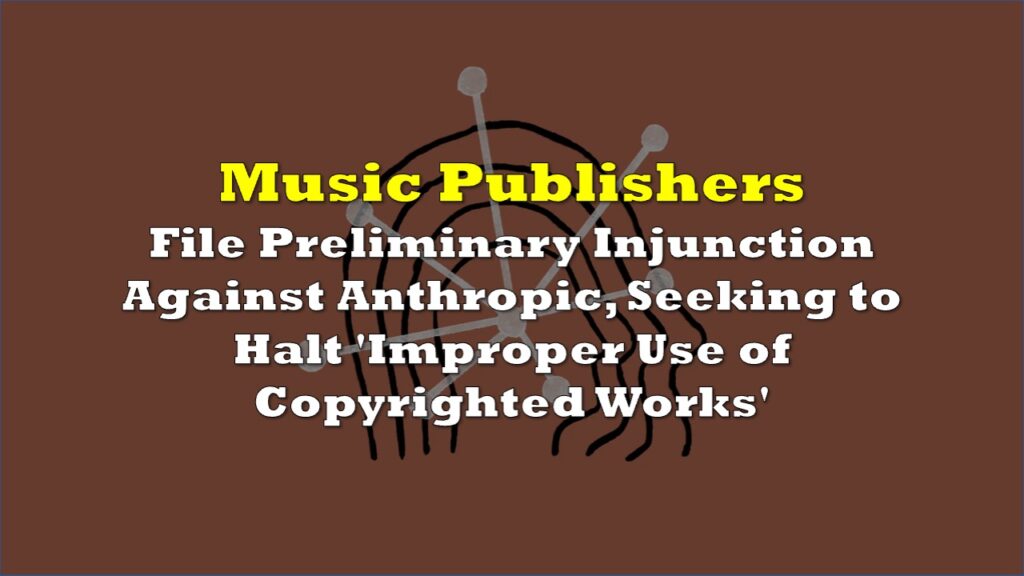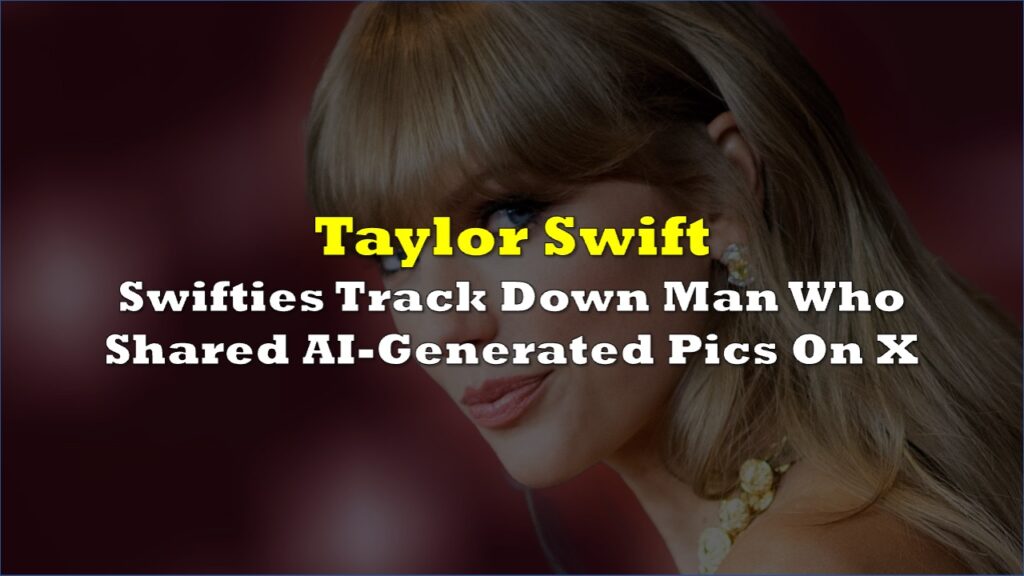The Japanese government recently asserted that it would not require copyrights on data used in AI training, a decision that has drawn both surprise and concern. AI can use any data for training, irrespective of its source, whether it’s non-profit or commercial, or even if the content is illegally obtained. This move was confirmed by Keiko Nagaoka, the Japanese Minister of Education, Culture, Sports, Science, and Technology.
Japan and copyright protection in AI.
— MMitchell (@mmitchell_ai) June 1, 2023
I don't know Japanese–needed to fact-check this–but the translations of the Japanese seem, at least, relevant. https://t.co/JSp8j2AWMu
Despite this position, Japanese lawmaker Takashi Kii is advocating for regulations to protect copyrights from potential infringement by AI algorithms. Additionally, experts in the field of AI research express concerns over the use of illegally obtained data for AI training, fearing a surge in copyright infringement cases and other potential issues such as job losses, misinformation, and the leak of confidential data.
These concerns were heightened when, on May 26, the government’s AI strategy council submitted a draft highlighting the regulatory gaps around AI, especially regarding copyright infringement risks. Kii highlighted that there are no laws in Japan that prevent AI from using copyrighted materials or illicitly acquired data for training. He also referred to Minister Nagaoka’s stance, stating that data could be used for information analysis irrespective of the method or content.
Kii further questioned the use of AI chatbots like ChatGPT in schools, a technology projected for introduction into the educational system by March 2024. In response, Minister Nagaoka provided no specific timeline, simply stating it would be “as soon as possible.”
Melbourne-based lawyer and trademarks attorney, Andrew Petale, spoke to Cointelegraph about the ongoing conundrum, describing it as a “gray area”. He underscored that copyright protects the expression of ideas, not the ideas themselves. Therefore, the use of AI, where humans provide inputs but AI generates the output, is ambiguous legally. This ambiguity will persist until legislation acknowledges machines or robots as capable of authorship.
Petale also brought up the hypothetical question of who should be held responsible for copyright infringement in AI use: the AI creators or the users of AI?
AI companies generally maintain that their models don’t violate copyright laws because AI alters the original piece into something new, considered fair use under US law, which is where most related developments are occurring. However, the lack of clear international standards and regulations presents ongoing challenges and uncertainties.
Information for this briefing was found via Cointelegraph. The author has no securities or affiliations related to the organizations discussed. Not a recommendation to buy or sell. Always do additional research and consult a professional before purchasing a security. The author holds no licenses.









